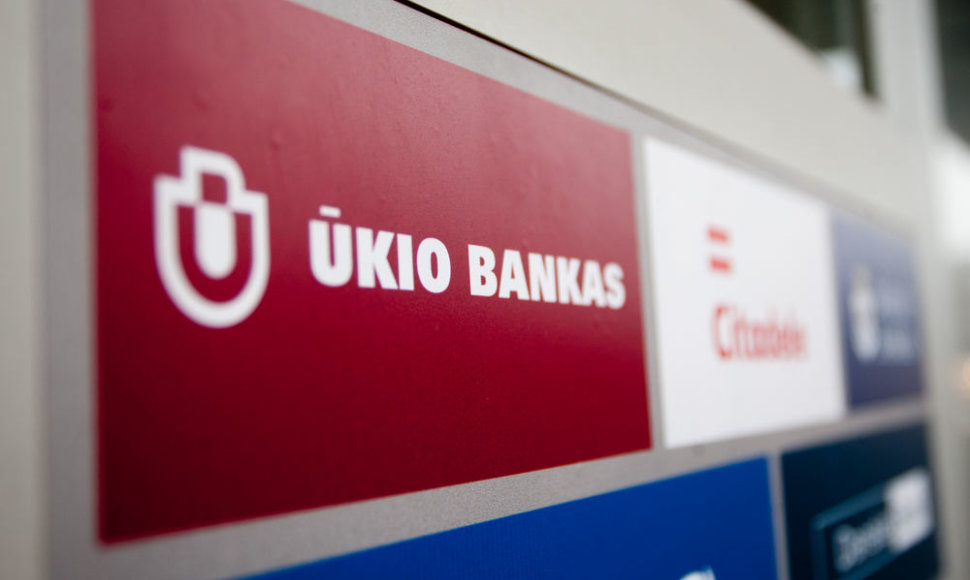"In terms of the country's image, I'd say that the way we have handled this crisis until now should not weaken, but strengthen our country's image and prove to those who are watching - both analysts and EU officials, and the whole world - that we are capable of dealing with such quite extraordinary situations," he told the Žinių Radijas radio station when asked if the Ūkio Bankas crisis would have an effect on the introduction of the euro in Lithuania.
The minister said that the closure of Ūkio Bankas would have an impact on the public debt figure, but it should not affect the budget deficit.
"It should not affect the budget deficit figure, because we are transferring a certain amount of money to the deposit insurance fund not as a grant, but as a loan paying a certain interest. We are lending on state-borrowed funds, which certainly has an effect on the state debt figure, but the budget deficit is not affected because it is not irretrievably spent money," he said.
The Finance Ministry is to lend almost 800 million litas (EUR 232m) to the state deposit insurance fund to help it cover a gap between Ūkio Bankas' state-insured deposits, worth 2.7 billion litas in total, and its assets that are being transferred to Šiaulių Bankas.
The central bank suspended the operations of Ūkio Bankas on February 12.
Šiaulių Bankas, a Lithuanian bank controlled by the European Bank for Reconstruction and Development (EBRD) and a group of local investors, is expected to complete the takeover of the "good" assets and liabilities of Ūkio Bankas by Friday. The remaining "bad" part will be declared bankrupt.












